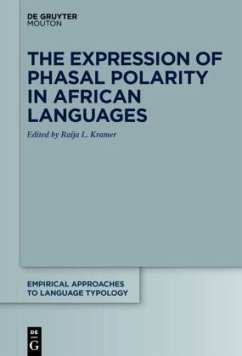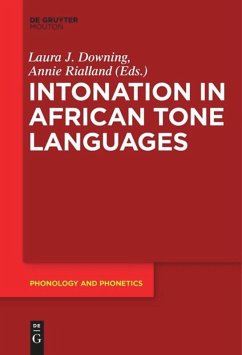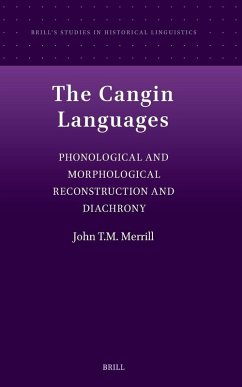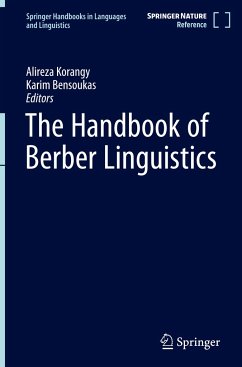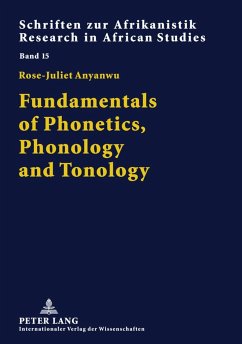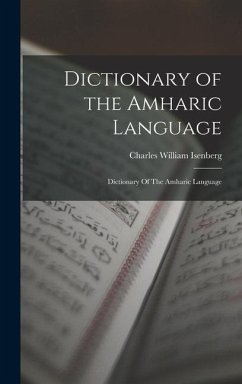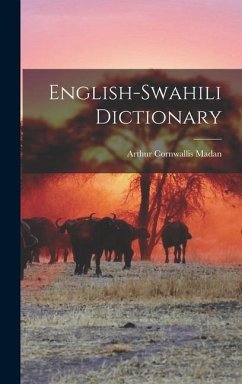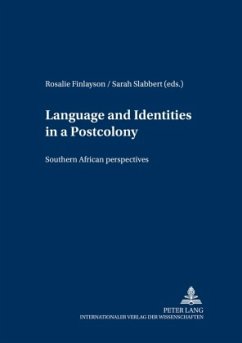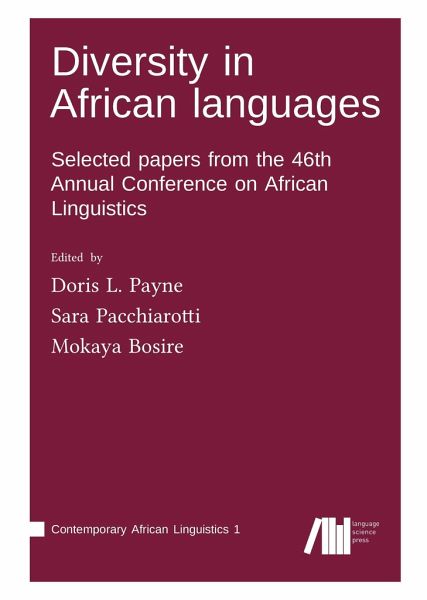
Diversity in African languages
Versandkostenfrei!
Versandfertig in 1-2 Wochen
70,00 €
inkl. MwSt.

PAYBACK Punkte
0 °P sammeln!
"Diversity in African languages" contains a selection of revised papers from the 46th Annual Conference on African Linguistics, held at the University of Oregon. Most chapters focus on single languages, addressing diverse aspects of their phonology, morphology, semantics, syntax, information structure, or historical development. These chapters represent nine different genera: Mande, Gur, Kwa, Edoid, Bantu, Nilotic, Gumuzic, Cushitic, and Omotic. Other chapters investigate a mix of languages and families, moving from typological issues to sociolinguistic and inter-ethnic factors that affect lan...
"Diversity in African languages" contains a selection of revised papers from the 46th Annual Conference on African Linguistics, held at the University of Oregon. Most chapters focus on single languages, addressing diverse aspects of their phonology, morphology, semantics, syntax, information structure, or historical development. These chapters represent nine different genera: Mande, Gur, Kwa, Edoid, Bantu, Nilotic, Gumuzic, Cushitic, and Omotic. Other chapters investigate a mix of languages and families, moving from typological issues to sociolinguistic and inter-ethnic factors that affect language and accent switching. Some chapters are primarily descriptive, while others push forward the theoretical understanding of tone, semantic problems, discourse related structures, and other linguistic systems. The papers on Bantu languages reflect something of the internal richness and continued fascination of the family for linguists, as well as maturation of research on the family. The distribution of other papers highlights the need for intensified research into all the language families of Africa, including basic documentation, in order to comprehend linguistic diversities and convergences across the continent. In this regard, the chapter on Daats¿i¿in (Gumuzic) stands out as the first-ever published article on this hitherto unknown and endangered language found in the Ethiopian-Sudanese border lands.



